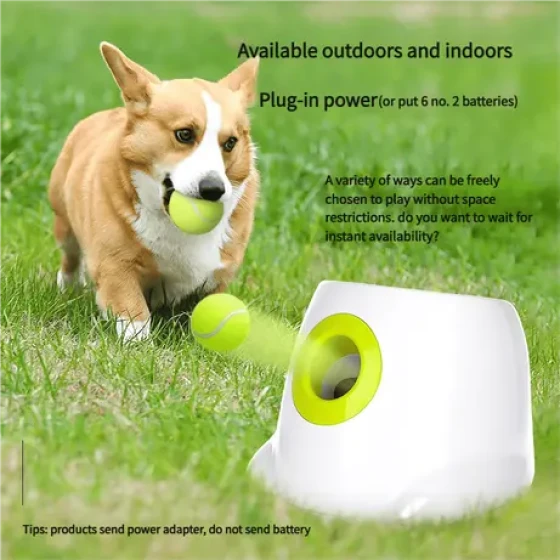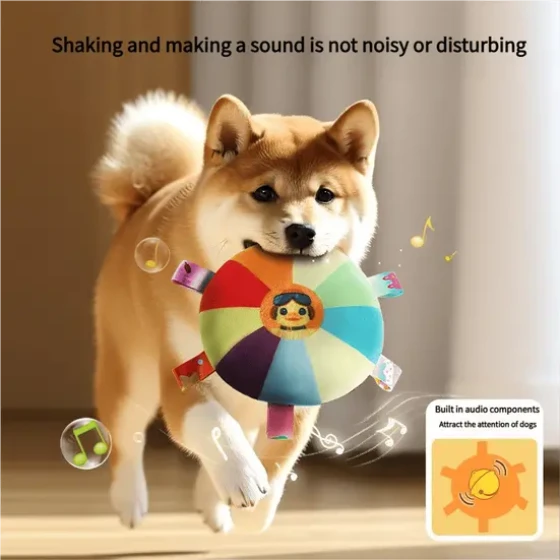How to Properly Care for Newborn Puppies

Pay Attention to Hygiene Work
Proper feeding management is essential for newborn puppies, especially during winter and early spring. The room temperature should be maintained around 20-30 degrees Celsius. Normally, dogs give birth without human assistance; only when abnormalities occur should artificial delivery be implemented. Quickly tear the amniotic membrane and wipe away mucus around the nose, allowing the mother to lick the puppy’s body mucus and amniotic fluid.
Newborn puppies do not open their eyes within 12 days and require assisted feeding. Ensure each puppy gets enough colostrum from 3-5 days after birth. Within 2-3 days of birth, feed every 1-2 hours. Assist puppies in fixing on nipples and do not neglect cleaning the mother’s nipples.
If the mother dog has no milk, foster nursing or artificial feeding can be used. Foster dogs should be gentle with good maternal instincts (but finding a nursing foster mother at the same time is difficult, so artificial feeding is mostly used).
Milk substitute can use 20g skimmed milk powder, 90ml water, and 10ml olive oil. In the first 2-3 days, add 80IU vitamin A per 100ml milk substitute, then reduce to 50IU later. After feeding, massage the perineal area to promote defecation and urination, and weigh daily to adjust feeding amounts based on weight.
Additionally, proper care work includes:
1. Observe mental state: normal puppies are lively, with flexible ears and tails, and coordinated movements.
2. Umbilical cord: the cord gradually dries and falls off between 2-7 days after birth. Apply iodine daily for disinfection. If the umbilical area is moist, swollen, or painful, infection may have occurred and requires timely treatment.
3. Observe puppies' bowel movements: check if meconium is passed in time and observe feces texture, color, and smell.
4. Observe eating condition: check for any feeding difficulties.
Besides environmental factors, hygiene management must be thorough. Clean up puppies’ excrements promptly to avoid bacteria, which is harmful to weak puppies.



